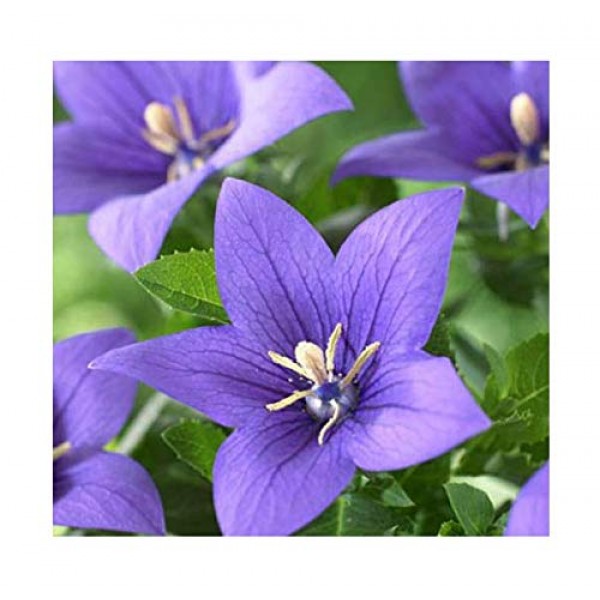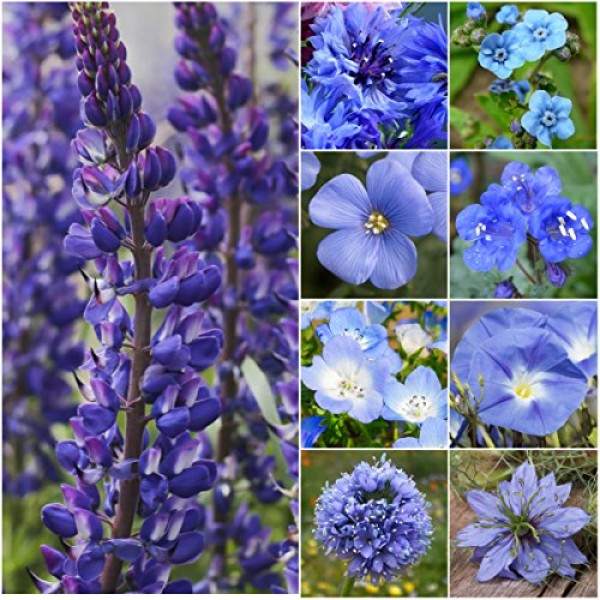Balloon Flower Seeds- Torji - Chinese Bell Flower Seeds - Roots ar...
Click Image for Gallery
Balloon Flower Seeds- Torji - Chinese Bell Flower Seeds - Roots are Edible. Chinese Medicine Anti-inflammatory
The Balloon Flower (Platycodon grandiflorus) is also known as Chinese Bell Flower or Japanese Bell Flower. In Korea, the root is called "Doraji." This perennial is a member of the Campanulaceae family and is known for its large balloon-shaped blossoms typically blue, pink or white. It prefers well-drained, sandy loam soil with organic matter. The culinary and medicinal value of this plant is in the tuberous root, which has long been used as an anti-inflammatory to treat colds throughout Asia. The root is harvested in the second or third year and is considered to offer many of the benefits of ginseng at a lower cost. Doraji is found in a number of Korean dishes and salads, often in recipes that compensate for the root's bitterness with additional hot pepper.- Cultivation: Sow seeds in flats in the spring on well-drained planting mix. Do not cover, as seeds require light for germination. Transplant in sun or part shade in sandy loam soil when about 2" tall being careful not to disturb the roots. Keep soil evenly moist and fertilize as needed. Harvest 1 oz roots after 2-3 years.
- Leave Seed Exposed
- Non GMO and Neonicotinoid Seed
- Marde Ross & Company has been a Licensed California Nursery Since 1985,
- The Balloon Flower (Platycodon grandiflorus) is also known as Chinese Bell Flower or Japanese Bell Flower. In Korea, the root is called "Doraji." This perennial is a member of the Campanulaceae family and is known for its large balloon-shaped blossoms typically blue, pink or white. It prefers well-drained, sandy loam soil with organic matter. The culinary and medicinal value of this plant is in the tuberous root, which has long been used as an anti-inflammatory to treat colds throughout Asia. Th



